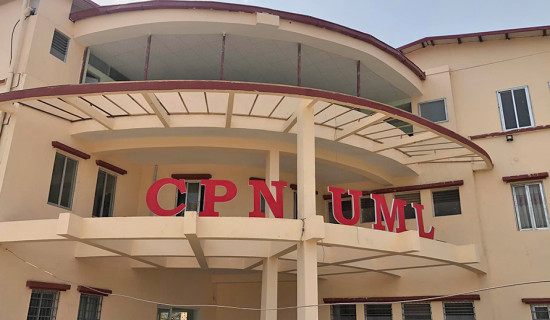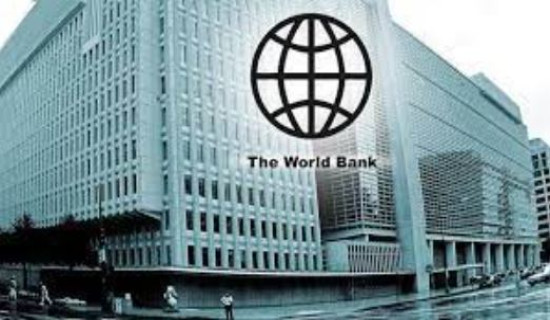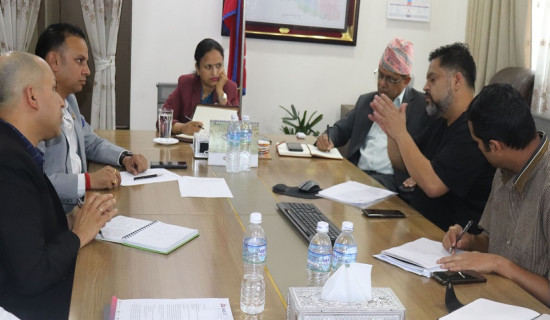- Saturday, 20 April 2024
Impeachment Proceeds
The impeachment motion registered against Chief Justice (CJ) Cholendra Shumsher Rana has now been advanced to the recommendation committee for thorough deliberations. The House of Representatives (HoR) on Sunday forwarded the motion to its 11-member impeachment committee. The parliament endorsed a proposal with majority votes to forward it to the committee. Before passing that proposal, the Lower House of federal parliament discussed the matter, with lawmakers from both the five-party ruling alliance as well as the opposition parties expressing their views over it. Parliamentarians belonging to the ruling alliance stood in favour of the impeachment motion. They denounced Rana for seeking share in the executive and passing unnatural verdicts on numerous cases. They also accused him of taking decisions on the basis of financial transactions. But lawmakers from the main opposition CPN-UML questioned the rationale behind the advancement of the proposal to the committee about six months after its registration.
Though belated, the move by parliament has brought a glimmer of hope to people that this issue of public importance will go through due process and reach a conclusion. On February 13 this year, a total of 98 lawmakers representing the ruling alliance had registered the impeachment motion against CJ Rana. He had been automatically suspended from his post with the filing of the impeachment motion. In their 21-point motion, the lawmakers had accused Rana of carrying out activities that were not in compliance with the principles and norms of the judiciary. They had also blamed him for failing to safeguard democracy, human rights, justice and the rule of law. Besides, he was charged of being incapable of upholding constitutional supremacy, and independent, competent, impartial and responsible judiciary in the country. The lawmakers accused Rana of getting involved in distortions, contradictions, corruption and intermediaries.
Nepal Bar Association and other stakeholders had denounced him for being unsuccessful in addressing numerous vital issues such as corruption. They had even staged street protests, demanding Rana’s resignation ‘for maintaining the judiciary’s sanctity’. In accordance with Rule 163 of the House of Representatives Regulations, the parliamentary committee is required to initiate its work immediately. The panel will have to invite the alleged official for interrogations within seven days. The content of the report will decide whether CJ Rana should be impeached or not. When this committee sends its report to the House, the latter will have to hold a debate on the report prior to putting the motion to vote. It may be recalled here that the HoR had formed the recommendation committee on March 6. But the proposal failed to go ahead because of lack of consensus among the political parties.
Dev Prasad Gurung from the CPN-Maoist Centre had tabled the proposal in the House on March 13, charging him with failure to maintain judiciary integrity, fairness and impartiality. Many of his controversial verdicts, including the murder of Gita Dhakal by his husband Ranjan Koirala, a former Deputy Inspector General of Armed Police Force, show that Rana had failed to maintain the integrity and fairness of the judiciary. Rana was accused of working contrary to the promises made during the parliamentary hearing. He had been reluctant to share the bench with other justices. He had kept the Judicial Service Commission and the Judicial Council vacant for a long time just to fulfil his vested interests. Instead of getting divided ideologically, all the political parties must consider this impeachment proposal seriously and take steps accordingly so as to free the judiciary from corruption and other aberrations.









-original-thumb.jpg)






-original-thumb.jpg)